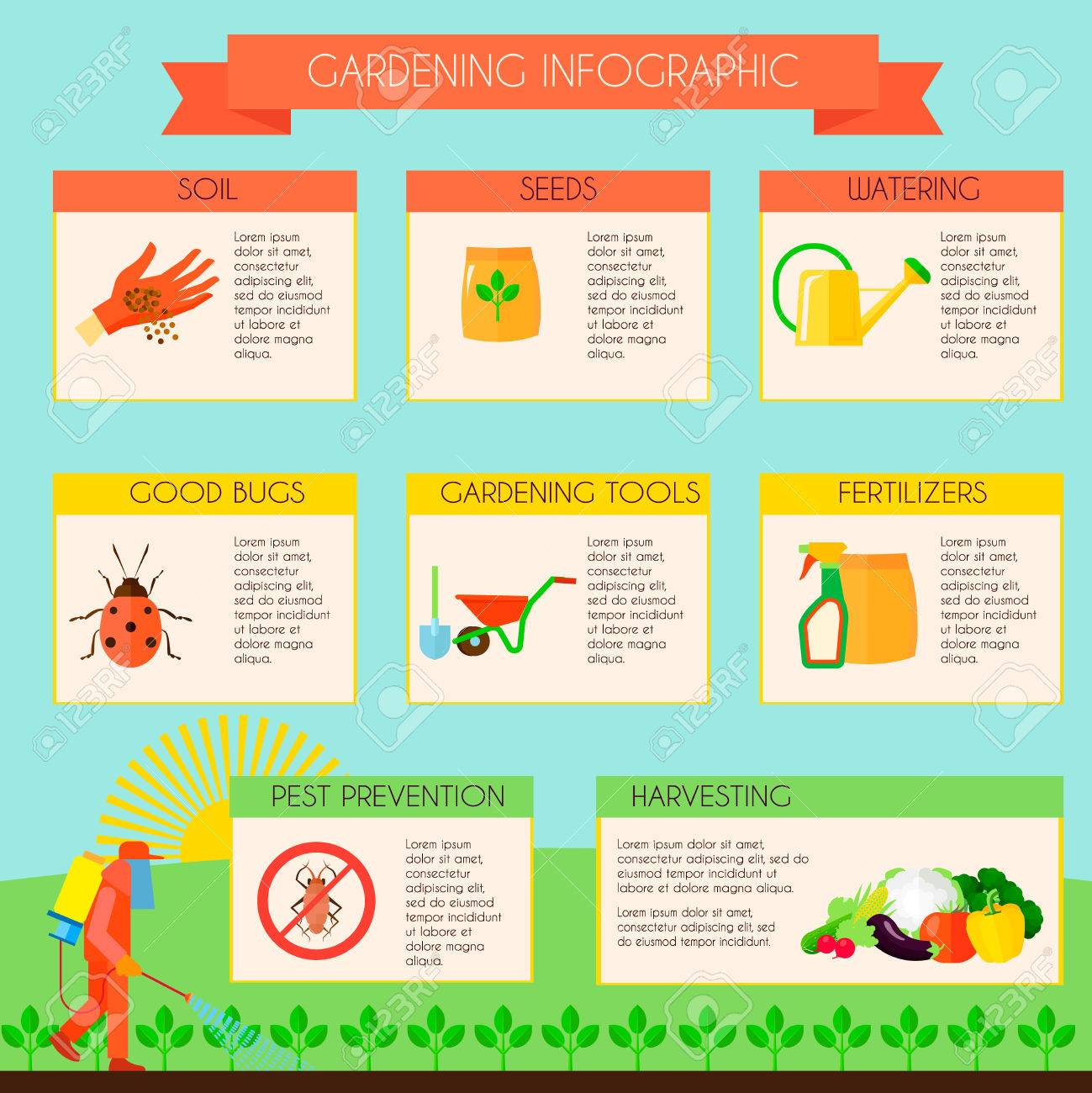Secure Your Yard From Vermins: Guidance For Maintaining Unwanted Intruders Away
Secure Your Yard From Vermins: Guidance For Maintaining Unwanted Intruders Away
Blog Article
Content By-Frandsen Trujillo
Visualize your yard as a haven, a place of harmony and beauty. However, the existence of outdoor insects can promptly interrupt this ideal photo. What if there were basic yet reliable ways to maintain these unwelcome site visitors at bay and protect your yard sanctuary? By following a couple of functional pointers and executing natural methods, you can develop an unified outside area where your plants can grow undisturbed.
Natural Insect Deterrents
To maintain bugs far from your garden normally, plant fragrant herbs like mint and lavender. These aromatic plants not just include beauty to your yard however also work as effective parasite deterrents. Parasites like insects, flies, and even some garden-damaging pests are fended off by the solid scents produced by these herbs. Just putting them purposefully around your garden can assist create a natural barrier versus unwanted insects.
In addition to mint and lavender, take into consideration growing other herbs like rosemary, basil, and lemongrass to further enhance your yard's pest-proofing capabilities. These natural herbs not only act as all-natural repellents but likewise have the added benefit of working in cooking or crafting homemade solutions.
Strategic Plant Placement
Take into consideration the layout of your garden and the kinds of plants you need to purposefully put them for optimum pest-proofing efficiency.
Begin by grouping https://simonlfaup.webbuzzfeed.com/32538421/eco-conscious-pest-control-lasting-solutions-for-a-healthy-and-balanced-home with similar resistance to pests with each other. By doing this, you can produce an all-natural obstacle that discourages insects from spreading out throughout your yard.
Furthermore, putting pest-repelling plants like marigolds, lavender, or mint near even more vulnerable plants can help shield them. Tall plants, such as sunflowers or corn, can work as a guard for much shorter plants versus parasites like bunnies or ground-dwelling pests.
Keep in mind to leave enough space between plants to boost air circulation and lower the threat of illness that pests may lug.
Additionally, think about growing strong-smelling herbs like rosemary or basil near at risk plants to puzzle parasites' detects and make it harder for them to situate their targets.
Reliable Parasite Control Approaches
For combating garden pests properly, applying a multi-faceted insect control method is important. Begin by motivating natural predators like birds, ladybugs, and hoping mantises to help maintain parasite populaces in check. Presenting plants that attract these valuable pests can assist in pest control. Additionally, exercising great yard hygiene by eliminating particles and weeds where pests may conceal can make your yard less friendly to unwanted site visitors.
Consider using hop over to this site as row cover materials or netting to shield vulnerable plants from bugs like caterpillars and birds. Using organic chemicals like neem oil or insecticidal soap can additionally be effective against specific parasites while being less unsafe to beneficial insects and the environment. It's vital to revolve your plants each period to stop the accumulation of bug populations that target specific plants.
Frequently evaluate your plants for indicators of bug damage so you can do something about it quickly. By combining these techniques and remaining watchful, you can efficiently regulate yard pests and appreciate a successful, pest-free yard.
pest control or do it yourself , there you have it - with the appropriate strategies, you can keep pesky outside insects away from your garden and assist your plants grow.
Did you understand that planting mint has been revealed to fend off mosquitoes and other insects, reducing the need for dangerous chemicals by up to 60%?
By incorporating natural deterrents and smart growing strategies, you can produce an attractive and pest-resistant yard sanctuary for you to take pleasure in.
